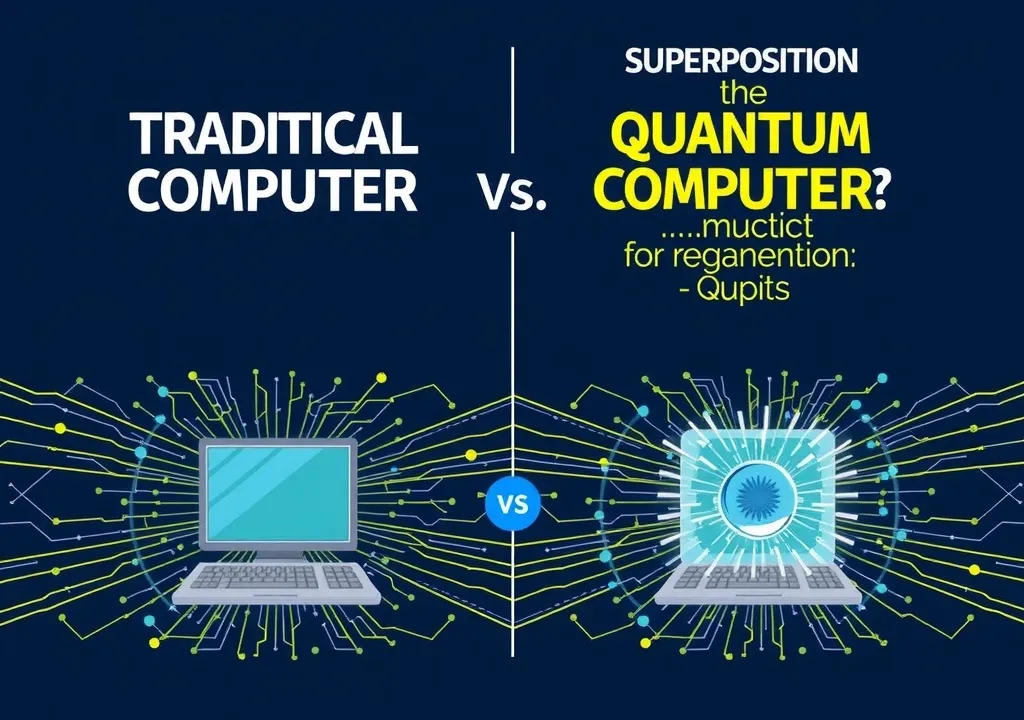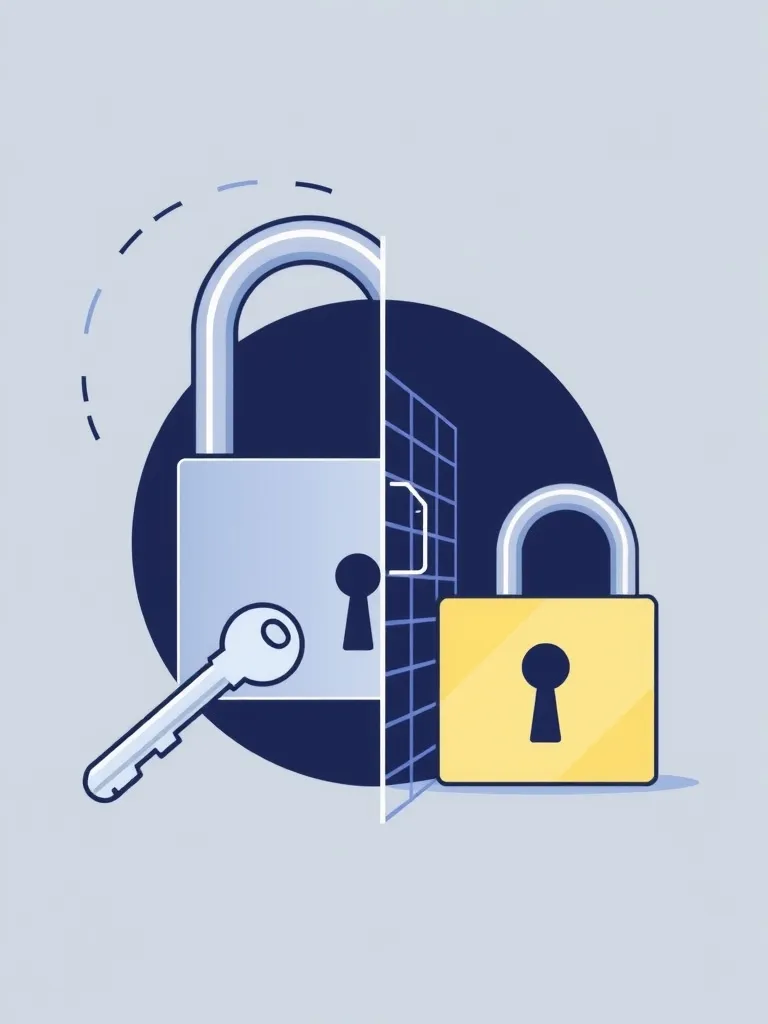Quantum computing is here, and it’s shaking up the world of cryptography. This new technology holds the potential to break traditional encryption methods, leaving many in a state of unease. In this post, we’ll explore how quantum computing impacts cryptography and what it means for data security.
What Is Quantum Computing?
Quantum computing is not just a fancy term tossed around in tech circles. It’s a new way of processing information. Traditional computers use bits as the smallest unit of data, represented as 0s and 1s. Quantum computers, however, use qubits. A qubit can be both 0 and 1 at the same time, thanks to a phenomenon called superposition. This allows quantum computers to process vast amounts of data much faster than traditional computers. Imagine trying to find a needle in a haystack. A regular computer searches one piece of hay at a time. A quantum computer can look at the whole stack at once. This difference is crucial when considering cryptography, the science of keeping information secure.

The Current State of Cryptography
Traditional cryptography relies on complex mathematical problems to keep data safe. For instance, when you send an email, it often gets encrypted using algorithms that would take classical computers millions of years to crack. This is reassuring until you realize that quantum computers can solve these problems in a fraction of the time. It’s like a dog racing a rabbit. The dog might be loyal and persistent, but the rabbit can hop to the finish line in a blink. This shift in capabilities raises questions about how secure our data really is. Can we trust our online banking information or personal communications? The answer is becoming less clear as quantum technology advances.

The Threat to Current Encryption Methods
As quantum computers grow more powerful, they threaten to render current encryption methods obsolete. This isn’t just an issue for tech nerds; it affects everyone. Picture yourself at a coffee shop, sipping your latte and casually sharing sensitive information. You think your data is safe, but a quantum computer could easily intercept and decode it. It’s a bit like having a magician pull a rabbit out of a hat; you’re amazed until you realize the trick’s not as impressive as you thought. Experts warn that without updating our encryption methods, sensitive data could be at risk. This is where the panic sets in, with some claiming we are on the brink of a cyber apocalypse.
The Rise of Post-Quantum Cryptography
In response to this looming threat, researchers are working on post-quantum cryptography. This new approach focuses on developing encryption methods that can withstand quantum attacks. Imagine building a fortress instead of a picket fence. The goal is to create algorithms that even a quantum computer would struggle to crack. It’s a race against time, and while it’s not an easy task, progress is being made. Countries and organizations are investing heavily in this area, realizing that the stakes are high. It’s like preparing for a storm; you wouldn’t wait until the sky turns dark to gather your supplies.

Personal Reflections on the Quantum Leap
I remember the first time I heard about quantum computing. I was at a dinner party, surrounded by people discussing the latest tech trends. I nodded along, pretending to understand, while secretly Googling terms under the table. It was a surreal moment, realizing that the future was not just coming; it was already here. Fast forward to today, and that future feels closer than ever. The implications of quantum computing on our daily lives are profound. It’s not just a tech issue; it’s a societal one. We need to adapt to these changes, or risk being left behind in the digital dust.
Looking Ahead
The journey into the quantum realm is just beginning. As we navigate this new landscape, it’s crucial to stay informed and proactive. Cryptography will evolve, and so must we. Embracing change is essential, not just for tech enthusiasts but for everyone who uses the internet. The future may be uncertain, but one thing is clear: quantum computing will change everything. So, grab your metaphorical surfboard and ride the wave of innovation. Adaptation is the name of the game, and the sooner we accept this truth, the better prepared we will be for whatever comes next.

Final Thoughts
Quantum computing presents both challenges and opportunities. As we stand on the brink of this new era, it’s vital to approach it with a blend of caution and curiosity. The world of cryptography will change, and with it, our understanding of security. Let’s embrace this journey with open minds, ready to learn and adapt. After all, in the grand scheme of things, staying ahead means being aware. And that’s a lesson worth taking to heart.
